Koba Capabilities & Programs |
||
Throughout its more than 40-year history, Koba has been dedicated to helping those in need succeed. Below is a sampling of the projects that Koba has managed and implemented during that period. All of these projects were undertaken by members of Koba’s senior management and staff, under the direction of the company’s founder, president and CEO Ford T. Johnson, Jr.. TECHNICAL SUPPORT SERVICESWhite House Press Office
INTERNATIONAL PROJECTS
MENTAL HEALTH SERVICES
DRUG PREVENTION, TREATMENT, AND INTERVENTION
Maryland Department of Juvenile Services Horizon House |
D.C. Child and Youth Services Administration Family Care and In-Home Family Services and Respite Care Program RESEARCH AND EVALUATIONPUBLIC HEALTH
LAW AND JUSTICE
LOGISTICAL PLANNING AND SUPPORT SERVICES
Environmental Protection Agency ADDITIONAL CAPABILITIESIn addition to the projects listed here, Koba has provides expertise, assistance, and service in the following areas: |
|
 Support Services to the President
Support Services to the President Drug Enforcement Administration (DEA)
Drug Enforcement Administration (DEA) 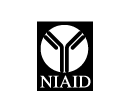 National Institute of Allergy and Infectious Diseases (NIAID)
National Institute of Allergy and Infectious Diseases (NIAID) Ministry of Health, Republic of Indonesia
Ministry of Health, Republic of Indonesia Ministry of Education, Bahamas
Ministry of Education, Bahamas Ministry of Education, Republic of Ghana
Ministry of Education, Republic of Ghana  D.C. Department of Human Services and Mental Health Services Administration
D.C. Department of Human Services and Mental Health Services Administration 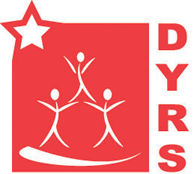 D.C. Department of Youth Rehabilitation Services (DYRS)
D.C. Department of Youth Rehabilitation Services (DYRS)  D.C. Commission of Public Health
D.C. Commission of Public Health  Office of Substance Abuse Prevention (OSAP)
Office of Substance Abuse Prevention (OSAP)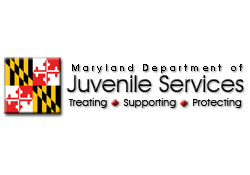 Under contract with the Depart¬ment of Juvenile Services for the State of Maryland, Koba provided a program of structured shelter care for up to 15 youths between the ages of 12 and 18, both males and females, on the grounds of the Boys’ Village Complex (now the Cheltenham Youth Facility). Youths served under this program were at different stages of juvenile justice process: awaiting intake screenings; further placements; or adjudicatory or dispositional hearings on delinquent children in need of supervision (CINS), or children in need of assistance (CINA) petitions. All were in need of a definitive placement either at home, in a group home setting, or in a residential treatment facility. Koba provided the following services at Horizon House: twenty-four hour emergency placement and supervision; behavior management program; health care services; food, lodging, home repair and maintenance services; educational services; drug and alcohol education, assessment, and counseling; staff training; and community linkages.
Under contract with the Depart¬ment of Juvenile Services for the State of Maryland, Koba provided a program of structured shelter care for up to 15 youths between the ages of 12 and 18, both males and females, on the grounds of the Boys’ Village Complex (now the Cheltenham Youth Facility). Youths served under this program were at different stages of juvenile justice process: awaiting intake screenings; further placements; or adjudicatory or dispositional hearings on delinquent children in need of supervision (CINS), or children in need of assistance (CINA) petitions. All were in need of a definitive placement either at home, in a group home setting, or in a residential treatment facility. Koba provided the following services at Horizon House: twenty-four hour emergency placement and supervision; behavior management program; health care services; food, lodging, home repair and maintenance services; educational services; drug and alcohol education, assessment, and counseling; staff training; and community linkages. 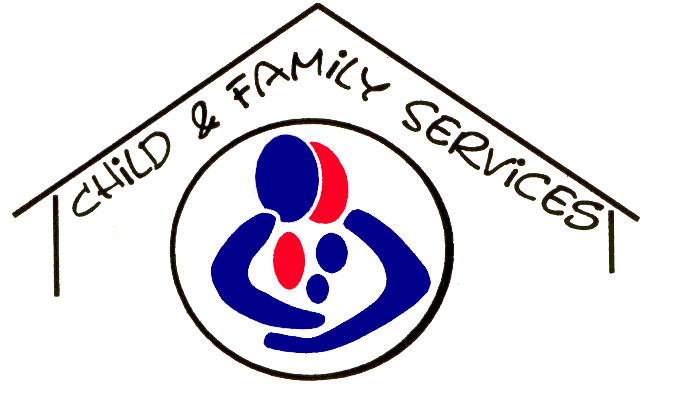 Koba provided intensive home-based mental health services to children in crisis and their families in an effort to increase the capabilities of the family to care for the youth, enable youths to maintain their maximum level of functioning while remaining at home and in their community, and ultimately to avoid psychiatric hospitalization. All families served were referred through the Central Intake Branch of the Child and Youth Services Administration. Koba's home-based intervention program provided a variety of diagnostic and treatment services, including: psychiatric assess¬ments; medical screenings and referrals for medical examinations; psycho-social assessments; behavioral assessments; and psychological assessments. In addition, the program also provided: crisis intervention services (available 24 hours a day, 7 days a week); self-esteem building; parent skills training; community linkages; psychological services; individual/family therapy; parental support; family maintenance; transportation services; and in-home respite.
Koba provided intensive home-based mental health services to children in crisis and their families in an effort to increase the capabilities of the family to care for the youth, enable youths to maintain their maximum level of functioning while remaining at home and in their community, and ultimately to avoid psychiatric hospitalization. All families served were referred through the Central Intake Branch of the Child and Youth Services Administration. Koba's home-based intervention program provided a variety of diagnostic and treatment services, including: psychiatric assess¬ments; medical screenings and referrals for medical examinations; psycho-social assessments; behavioral assessments; and psychological assessments. In addition, the program also provided: crisis intervention services (available 24 hours a day, 7 days a week); self-esteem building; parent skills training; community linkages; psychological services; individual/family therapy; parental support; family maintenance; transportation services; and in-home respite.  National Institute on Drug Abuse (NIDA)
National Institute on Drug Abuse (NIDA)  D.C. Commission of Public Health, Alcohol and Drug Abuse Services Administration, and D.C. Public Schools
D.C. Commission of Public Health, Alcohol and Drug Abuse Services Administration, and D.C. Public Schools 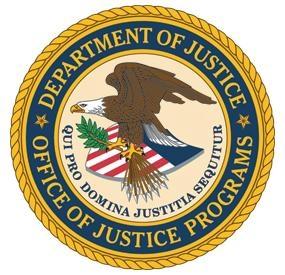 National Institute of Justice (NIJ)
National Institute of Justice (NIJ)  National Institute for Juvenile Justice and Delinquency Prevention (NIJJDP)
National Institute for Juvenile Justice and Delinquency Prevention (NIJJDP)  National Center of Health Statistics/Office of Health Resource Opportunity (NCHS/ OHRO)
National Center of Health Statistics/Office of Health Resource Opportunity (NCHS/ OHRO)  Chemical Research and Development Center (U.S. Department of the Army)
Chemical Research and Development Center (U.S. Department of the Army) Under this contract, Koba designed and delivered 35 orientation sessions on chemical information systems to regional, state, and local EPA officials involved in managing toxic substances. In preparation for these sessions, Koba staff undertook an extensive assessment of the data requirements at the state and regional levels, developed in-depth familiarity with the scope, content, and appropriate search techniques of a variety of electronic databases, and retrieved and reviewed literature in a range of subject areas. In addition, Koba developed a comprehensive handbook for session participants, describing over 100 on-line chemical information databases.
Under this contract, Koba designed and delivered 35 orientation sessions on chemical information systems to regional, state, and local EPA officials involved in managing toxic substances. In preparation for these sessions, Koba staff undertook an extensive assessment of the data requirements at the state and regional levels, developed in-depth familiarity with the scope, content, and appropriate search techniques of a variety of electronic databases, and retrieved and reviewed literature in a range of subject areas. In addition, Koba developed a comprehensive handbook for session participants, describing over 100 on-line chemical information databases.